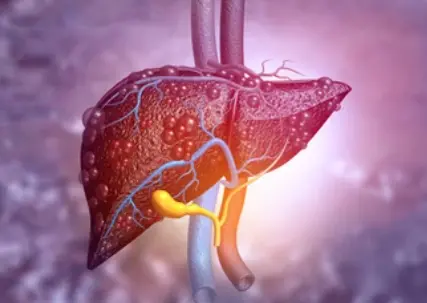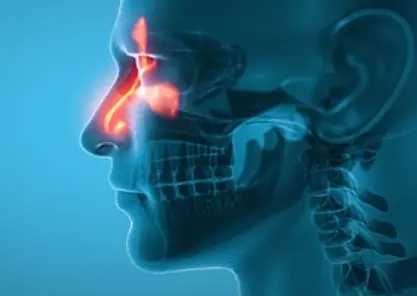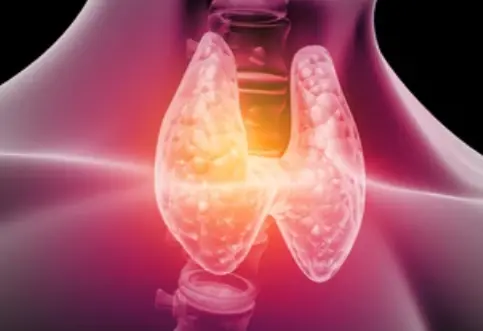 Welcome
Welcome
“May all be happy, may all be healed, may all be at peace and may no one ever suffer."
- A
- B
- C
- D
- E
- F
- G
- H
- I
- J
- K
- L
- M
- N
- O
- P
- Q
- R
- S
- T
- U
- V
- W
- X
- Y
- Z
Behcets syndrome - Generics
Behçet's syndrome, also known as Behçet's disease, is a rare chronic autoimmune disorder characterized by recurrent inflammation of blood vessels throughout the body. The condition can affect many different organs and systems, including the skin, eyes, joints, digestive tract, and central nervous system.
The exact cause of Behçet's syndrome is not known, but it is believed to involve a combination of genetic and environmental factors. Symptoms may include recurrent oral and genital ulcers, skin lesions, joint pain and swelling, eye inflammation, and gastrointestinal symptoms such as abdominal pain, diarrhea, and vomiting.
The diagnosis of Behçet's syndrome is based on a combination of clinical symptoms and laboratory tests, including a physical exam, blood tests, and imaging studies. There is no cure for Behçet's syndrome, but treatment is aimed at managing symptoms and preventing complications. This may include medications such as corticosteroids, immunosuppressants, and biologics, as well as lifestyle modifications such as a healthy diet, exercise, and stress reduction techniques.
Behçet's syndrome can be a challenging condition to manage due to its unpredictable course and potential for serious complications. It is important for individuals with the condition to work closely with a healthcare provider to develop a comprehensive treatment plan and to monitor for any changes or new symptoms.

Spinal anesthesia

Liver cirrhosis

Sinusitis

Gastro-enteritis with deh...

Asthma prophylaxis

Preparation for thyroidec...

Hyperparathyroidism

Pyelonephritis
Behcets syndrome, বেহেসেট সিনড্রোম
To be happy, beautiful, healthy, wealthy, hale and long-lived stay with DM3S.